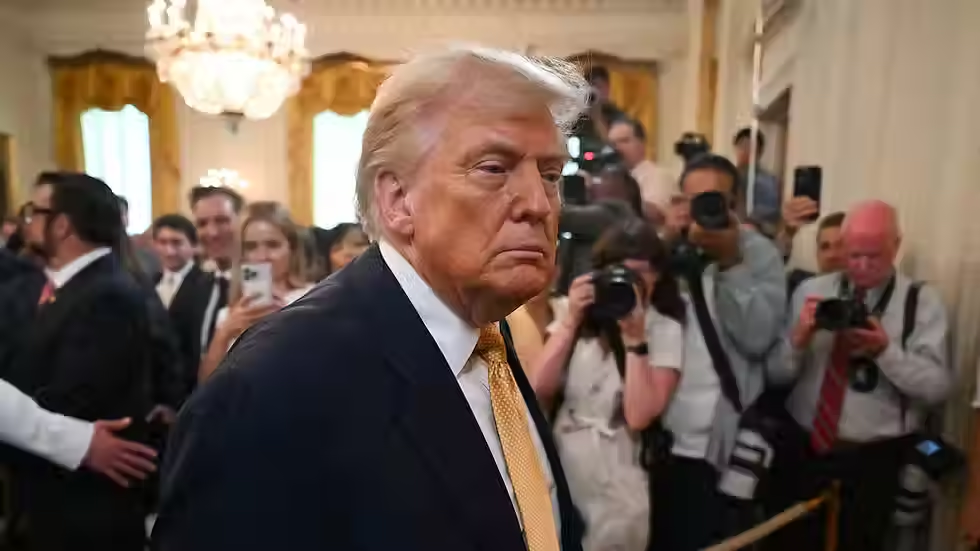The Impact of Disinformation on Understanding Israel and Hamas Conflict
- Stop Fake News

- Nov 28, 2023
- 4 min read
In today's digital age, information spreads rapidly, and the Israel-Hamas conflict is no exception. The constant flow of news, opinions, and social media posts has created a breeding ground for disinformation, making it increasingly challenging to distinguish fact from fiction. Below we explore the impact of disinformation on the Israel-Hamas conflict from a factual and balanced perspective, shedding light on the consequences of misinformation. Click here for a list of some of the most effective and proven tools to spot and fight back against disinformation.
Disinformation Types and Purpose in the Israel-Hamas conflict
The term “disinformation” refers to the deliberate spread of false or misleading information with the intent to deceive or manipulate public opinion. In the context of the Israel-Hamas conflict, disinformation takes various forms, from fabricated images and videos to misleading headlines and biased narratives.
1. Misleading Visuals: One common tactic is the use of out-of-context images or videos to misrepresent events. In the past, photos from unrelated conflicts have been shared as if they were from the Israel-Hamas conflict, skewing perceptions of what is happening on the ground.
2. Selective Reporting: Disinformation often thrives on selective reporting, where certain incidents are highlighted while others are ignored. This can create a one-sided view of the conflict, fueling bias and polarization.
3. False Narratives: Disinformation campaigns frequently promote false narratives, such as portraying one side as entirely innocent and the other as entirely responsible for the violence. This simplification distorts the complex reality of the conflict.
4. Foreign Actor Amplification: Russia, Iran, and China have been actively amplifying divisions and spreading disinformation in America about the Hamas-Israel conflict.
The Impact on Public Perception
The spread of disinformation has significant implications for how the Israel-Hamas conflict is perceived both globally and locally.
1. Deepening Divides: Disinformation tends to reinforce pre-existing beliefs and biases, deepening divisions among different communities. This can hinder constructive dialogue and peace-building efforts.
2. Undermining Credibility: When false information is shared widely, it erodes the credibility of legitimate news sources. People become more skeptical of all information, making it harder to disseminate accurate and verified reports.
3. Fanning Hostilities: False narratives can fuel anger and hostilities, contributing to a cycle of violence. This not only affects the parties directly involved but also has ripple effects across the region.
4. Normalize anti-semitic and Islamophobic rhetoric: Neo-nazi and foreign actors are generating and amplifying some of the most extreme rhetoric around the conflict to normalize more extreme language and sow greater fear, isolation, and anger from targeted Jewish and Islamic communities in America.
Foreign and Extremist Efforts to Promote Disinformation in the U.S.
Numerous reports have shed light on foreign efforts to promote divisive narratives within the United States. These efforts come from various sources, including Russia, neo-Nazi groups, and Iranian-backed entities. Below is an overview of the findings from published reports on these activities, highlighting the impact they have on American society and democracy.
Russian Efforts
1. Disinformation Campaigns: Multiple reports from intelligence agencies and cybersecurity firms have detailed Russia's systematic disinformation campaigns aimed at sowing discord and amplifying divisions within the United States. These campaigns often involve the spread of false or misleading information on social media platforms.
2. Election Interference: Reports have highlighted Russia's attempts to interfere in U.S. elections by spreading disinformation and attempting to hack into electoral systems. The extent of this interference has raised concerns about the integrity of the democratic process.
3. Use of Social Media: Russian actors have been known to use social media platforms to create and amplify divisive content on topics such as race, immigration, and political polarization. The goal is to exploit existing fault lines in American society.
Neo-Nazi Efforts
1. Online Propaganda: Research and reports have exposed the online activities of neo-Nazi and white supremacist groups, which often use social media and online forums to recruit members and spread extremist ideologies. Their efforts aim to incite violence and hatred.
2. Violence and Terrorism: Published reports have linked some neo-Nazi groups to acts of violence and terrorism within the United States. These groups often promote racist and xenophobic narratives, posing a significant threat to public safety.
3. Hate Crimes: Reports from organizations like the Anti-Defamation League (ADL) and the Southern Poverty Law Center (SPLC) have documented a rise in hate crimes associated with neo-Nazi and white supremacist ideologies, further highlighting the divisive impact of these groups.
Iranian-Backed Efforts
1. Social Media Manipulation: Reports have indicated that Iran has engaged in social media manipulation campaigns, similar to Russia, to spread propaganda and sow discord among Americans. These efforts often target political and social issues.
2. Use of Fake Accounts: Iranian actors have been known to create fake social media accounts and websites to disseminate misleading information, often promoting narratives that align with Iranian interests and policies.
3. Cyber Attacks: Some reports have highlighted Iran's involvement in cyber attacks targeting U.S. government agencies and critical infrastructure. These attacks are seen as a means of exerting influence and disrupting American institutions.
The impact of these foreign efforts on the United States has led to polarization, threats to democracy and public safety, highlighting the need for vigilance and countermeasures. Addressing these challenges requires a combination of cybersecurity efforts, media literacy, and law enforcement actions to protect American democracy, society, and public safety. Understanding the sources and impact of divisive narratives is crucial for safeguarding the nation's values and principles.

